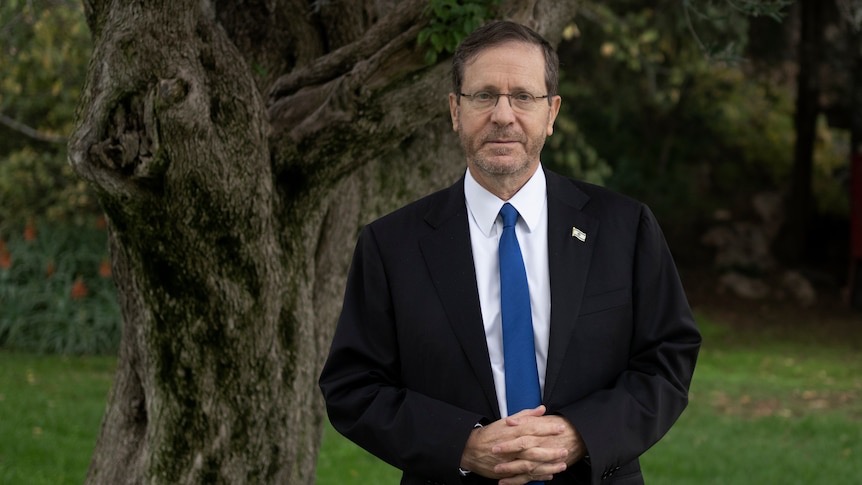FRESH AIR
UPDATES
An opportunity for peace – if the Lieberman hype can be ignored
June 2, 2016 | Ahron Shapiro

To believe the hyped-up accounts of some media reports, the addition of Avigdor Lieberman’s Yisrael Beiteinu to Israeli Prime Minister Binyamin Netanyahu coalition has made the current government the “most right-wing ever” in Israel. But do the facts support this, especially after Tuesday’s historic news that Netanyahu is prepared to enter negotiations based upon the 2002 Arab Peace Initiative?
As US columnist Shmuel Rosner wrote in his blog this week for the Jewish Journal, in order to make such a claim, you have to define what is meant by the term “right wing”.
Rosner wrote:
What does “right-wing” mean? I assume that in the context of international reporting and commentary about Israel, “right-wing” is a code word for being unsupportive of the two state solution. But if that is the case, saying that the current coalition is the most right-wing ever is obviously not true.
The fact is, as Rosner says, if you look at the new government on the basis on how many of its members support the creation of a Palestinian state, the addition of Yisrael Beiteinu has moved Netanyahu’s government left – not right.
Rosner went on to make a convincing argument that the narrow government of Likud’s Yitzhak Shamir 1990-92, was more right-wing, while also reminding readers that until the Oslo Accords, virtually the entire Israeli political spectrum, from left to right, was opposed to the creation of a Palestinian state on security grounds.
Rosner concluded:
So is the current Israeli coalition the most right-wing ever?
I think a more proper conclusion would be: the current Israeli and non-Israeli public has the shortest memory ever.
Lieberman has said many controversial things over the years, but he has served in Israeli cabinets alongside such centre-left politicians as Labor’s Ehud Barak and Hatnuah’s Tzipi Livni, and despite differences on timing and priorities, basically shares their goal on a future peace with the Palestinians based on a two-state model.
Indeed, Lieberman has stated many times, and under different governments, that he and his party support the creation of a Palestinian state in the West Bank and Gaza, provided that it recognises Israel as a Jewish state and agrees to live side-by-side in peace with Israel.
(This support has not been without its own controversy. In the past, as AIJAC’s Jamie Hyams reported in 2009, Lieberman pushed the idea that some Israeli Arab towns straddling the border with the Palestinian Authority be included in the contiguous territory of a future Palestinian state as part of mutually agreed land swaps – controversial as many Israeli Arabs and Jews came out vehemently opposed to such a move.)
This puts Lieberman and Yisrael Beiteinu to the left of Naftali Bennett’s Jewish Home party, which views a potential Palestinian state as a threat to Israel, citing the PA-orchestrated Second Intifada erupting after the Palestinian rejection of Ehud Barak’s Camp David peace plan in 2000 and Hamas’ eventual takeover of Gaza after Israel’s withdrawal from the Gaza Strip in 2005.
More recently, Lieberman reiterated his support for two-states last week, when the coalition deal was initially announced, as Reuters reported on May 25.
Lieberman said:
“At the end of the day my intention (is) to provide security and of course all of us we have a commitment, strong commitment, to the peace, to the final status agreement (with the Palestinians).”
Lieberman himself was echoing the message of Netanyahu at the same signing ceremony:
“My government remains committed to pursuing peace with the Palestinians, pursuing peace with all our neighbours,” Netanyahu said. “My policy has not changed. We will continue to pursue every avenue for peace, while ensuring the safety and security of our citizens.”
He said a broader and more stable government would make it easier to “seize new opportunities” in the region, a reference to potential peace moves with Arab states that share Israel’s concern about Islamist militancy and Iran.
This week, with Lieberman as his newly appointed Defence Minister, Netanyahu responded to Egyptian President Abdel Fattah el-Sissi’s call last month for a peace deal between Israel and the Palestinians.
As JTA reported, Netanyahu said:
“The Arab Peace Initiative includes positive elements that can help revive constructive negotiations with the Palestinians,” Netanyahu said Monday evening at the Knesset in Jerusalem. “We are willing to negotiate with the Arab states revisions to that initiative so that it reflects the dramatic changes in the region since 2002 but maintains the agreed goal of two states for two peoples.”
While Lieberman concurred:
Avigdor Lieberman, Israel’s newly appointed defense minister, said the Sissi speech “was very important.”
“It creates a genuine opportunity that obligates us to pick up the gauntlet,” he said. “I certainly agree that in the Arab Peace Initiative there are some very positive elements that will enable us to conduct serious dialogue with our neighbors in the region.”
To be clear, this is definitely a step toward peace. This is the closest any Israeli government has come to endorsing and agreeing to negotiate on the basis of the Arab Peace Initiative, despite the fact that parts of the proposal have been, and continue to be, deeply problematic for any Israeli government to accept for a number of reasons. (Last July, for example, then-Deputy Prime Minister Silvan Shalom highlighted some of those problems at a conference reported on by the Times of Israel.)
Yet in light of the repeated full-throated overtures towards peace made by Netanyahu and Lieberman – particularly over the past fortnight – the question of where Israel’s current government may sit on a subjective political “left-right” scale is not only petty and pointless, but counter-productive.
For those who support a peace based on two states for two peoples, shouldn’t we rather be asking what can be achieved in the interests of peace for the benefit of Israelis and Palestinians through direct talks given today’s Middle East and in the current political climate?
Ahron Shapiro
Tags: Gulf states























